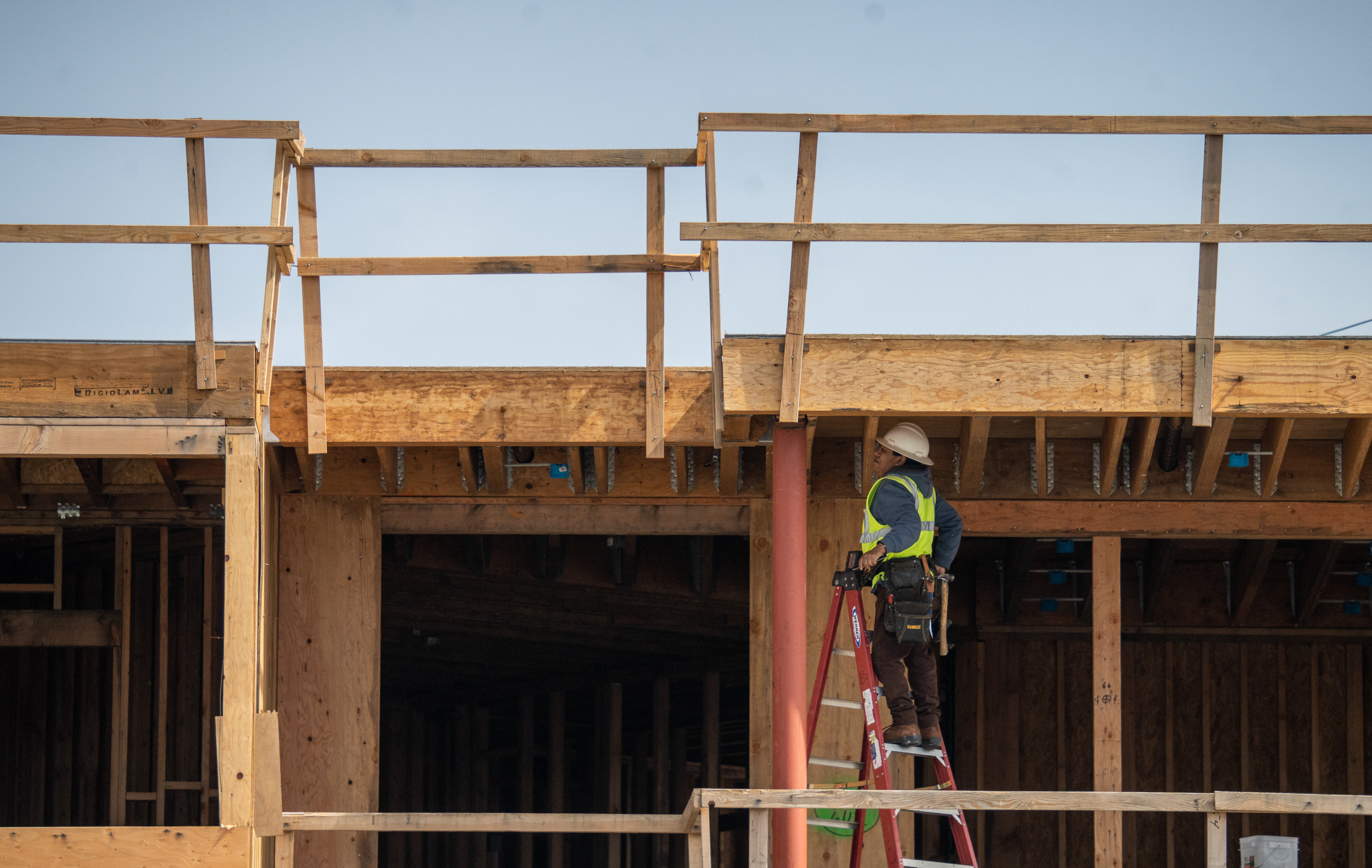Since 2018, California cities that have failed to meet state-mandated housing goals have provided developers with a streamlined approval process for affordable or multifamily housing projects. After the recent enactment of a new law, coastal and fire zones that were previously excluded will now be eligible for the same.
Senate Bill 423, authored by Sen. Scott Wiener (D-San Francisco), extends the former law that expires after 2025 by a decade and include some coastal and fire hazard zones. Gov. Gavin Newsom signed the bill into law on Oct. 11.
“California desperately needs to ramp up housing production, and the Governor’s action today helps put us on a path to achieve that goal,” Mr. Wiener said in a statement on the day the governor signed the measure. “The era of saying no to housing is coming to an end. We’ve been planting seeds for years to get us to a brighter housing future, and today we’re continuing strongly down that path.”
Under goals set forth by the state’s housing department, California must build 2.5 million new homes in the next eight years, including 1 million for low- to very-low-income families
Brian Hanlon, CEO of California YIMBY, which stands for “Yes in My Back Yard”—a nonprofit that pushes pro-housing policies—said he believes that the new law will help bring affordable homes to the state.
“Governor Newsom has made it clear that he supports making it faster, easier, and less expensive to build affordable homes in our coastal cities. ... With SB 423 now law, many more Californians from all walks of life will be able to afford to live—and thrive—in the Golden State,” he said in the same statement.
Although SB 423 would end the exclusion of coastal zones, areas identified as environmentally sensitive—such as those that could be affected by sea level rise—would still be exempt.
The law also streamlines approval of projects in fire risk zones—as identified by the state’s Department of Forestry and Fire Protection—so long as local and state-mandated fire mitigation protections are in place, according to an analysis of the bill.
The League of California Cities—a nonprofit that advocates for cities across the state—in a May letter opposed the bill alongside 108 other cities, stating that it and the existing law create a one-size-fits-all approach that’s harmful to local jurisdictions.
“SB 423 is the latest overreaching bill. This measure would double-down on the recent trend of the state overriding its own mandated local housing plans by forcing cities to approve certain housing projects without regard to the needs of the community, opportunities for environmental review, or public input,” the letter reads.
They argued the legislation wouldn’t help the state meet its housing goals, and called on the governor and lawmakers to instead set aside $3 billion annually in the state’s budget for cities to spur residential development.
“California will never produce the number of homes needed with an increasingly state-driven, by-right housing approval process. What is really needed is a sustainable state investment that matches the scale of this decades-in-the-making crisis,” they wrote.
The cities of Newport Beach, Beverly Hills, Tustin, Palm Desert, San Clemente, Thousand Oaks, Apple Valley, Huntington Beach, and 100 others were listed as opposed.

Housing units in Huntington Beach, Calif., on March 17, 2023. (John Fredricks/The Epoch Times)
Huntington Beach Councilman Casey McKeon told The Epoch Times he believes that the new law is yet another one of the state’s overreaching policies that force housing in the wrong places.
“It’s just another heavy-handed overreach from the state that violates our local control. If they really want to develop affordable housing, they should encourage development in undeveloped areas and stop trying to jam more units into fully developed cities,” he said.
Although the City of Costa Mesa didn’t register a position on the bill, Councilman Don Harper said that personally, he’s against state-mandated policies that affect local control over housing.
“If the state of California is going to mandate how we fulfill our housing needs, what’s the purpose of local government?” he told The Epoch Times.
Mr. Wiener additionally said in a September statement the previous law on the issue has “proven one of the strongest tools ... for driving affordable housing development.” According to the senator, the older law has helped develop more than 18,000 affordable-housing units in the four years since it was enacted in 2018.
According to an Assembly analysis, the older law was limited in its effectiveness not only because it excluded coastal and fire zones but also because of increases in interest rates and building materials in the last few years, and certain labor requirements were also too strict.
However, under the new law, some labor requirements have been removed.
The Oakland-based California Conference of Carpenters—which advocates better working conditions for its workers—supported the bill and said it “will create massive work opportunities for current Union members and will also foster organizing opportunities unseen for decades.”
The new law takes effect on Jan. 1, 2024.














